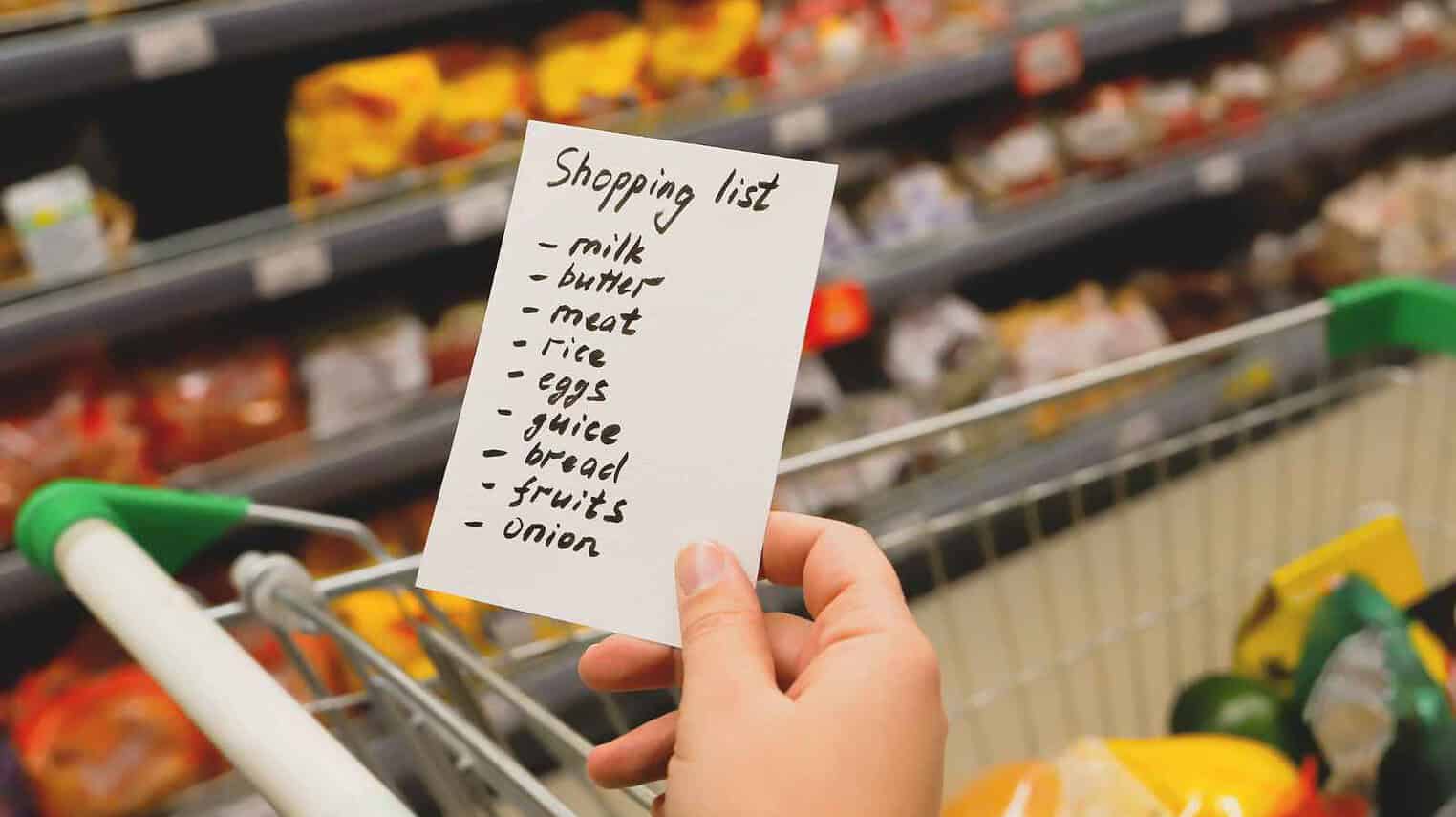Creative Tips to Reduce Food Waste and Save Money
Food waste is bad for your wallet and the environment. There’s nothing worse than seeing the fruit of your labor go into the trash because of poor planning, overbuying, or simply not knowing how to use everything you buy.
However, reducing food waste isn’t hard. You don’t have to aim for zero waste, which is unlikely to succeed immediately. Taking baby steps is enough to reduce waste and keep more money in your pocket.
Here are 18 tips to minimize how much you waste and still eat delicious food.
Don’t Shop Without a List
The easiest way to buy more than you need is to go grocery shopping without first acknowledging what you need. Always make a list, considering what you already have in the fridge and how you can repurpose existing ingredients.
Without a list, you’ll be tempted by sales and buy food you think you may want but end up discarding. Just don’t do it!
Use Freezing to Your Advantage
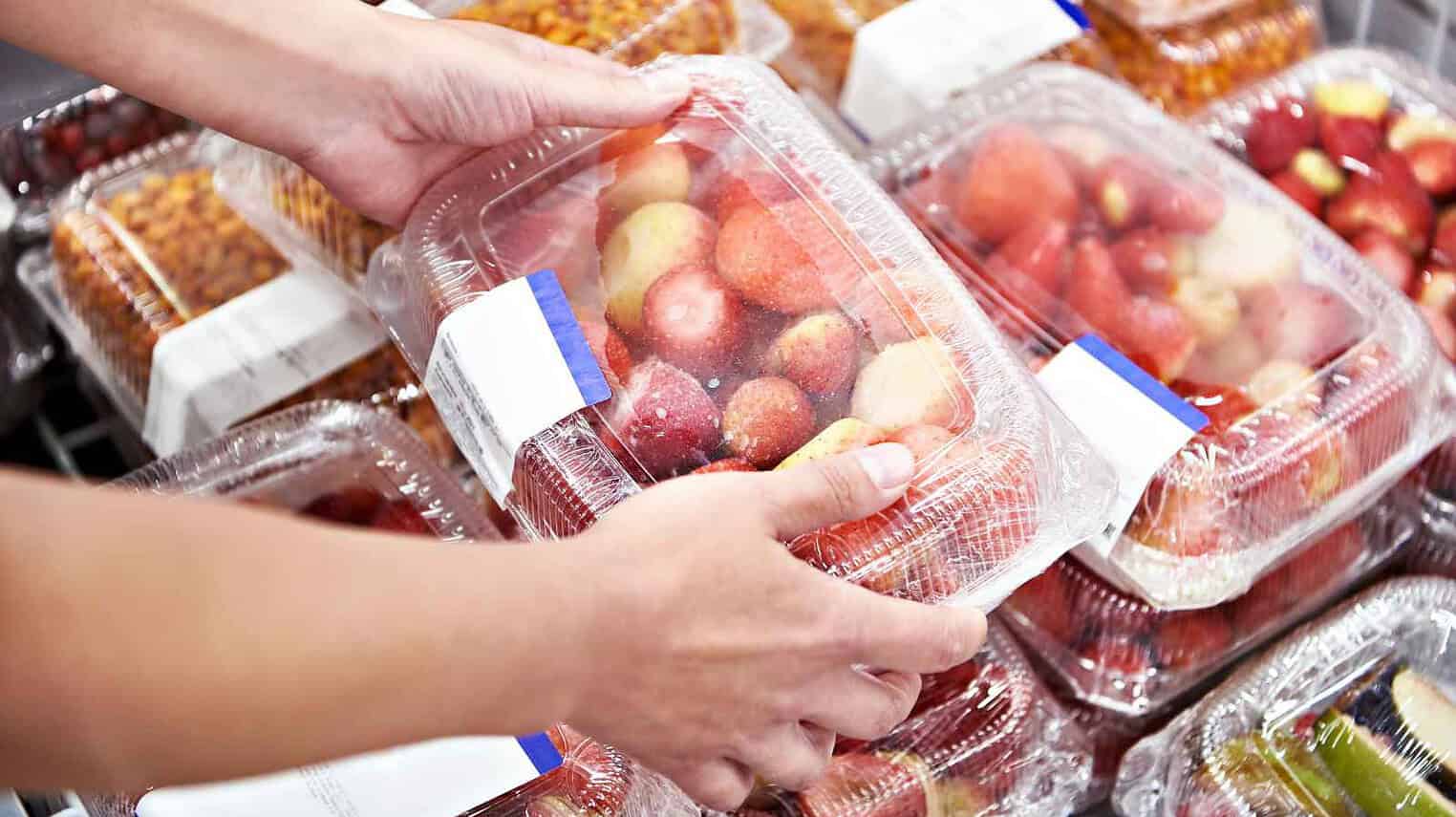
If you come across a sale and you will buy that item anyway, take full advantage. There’s one caveat, however. Don’t just stash it in the refrigerator. Instead, freeze excess produce that lends itself to it, like berries.
Likewise, if you have leftover mashed potatoes, you can put them in the freezer and thaw them for another meal. You can also freeze some fruit, like bananas, if you peel them first.
Make Broth From Scraps
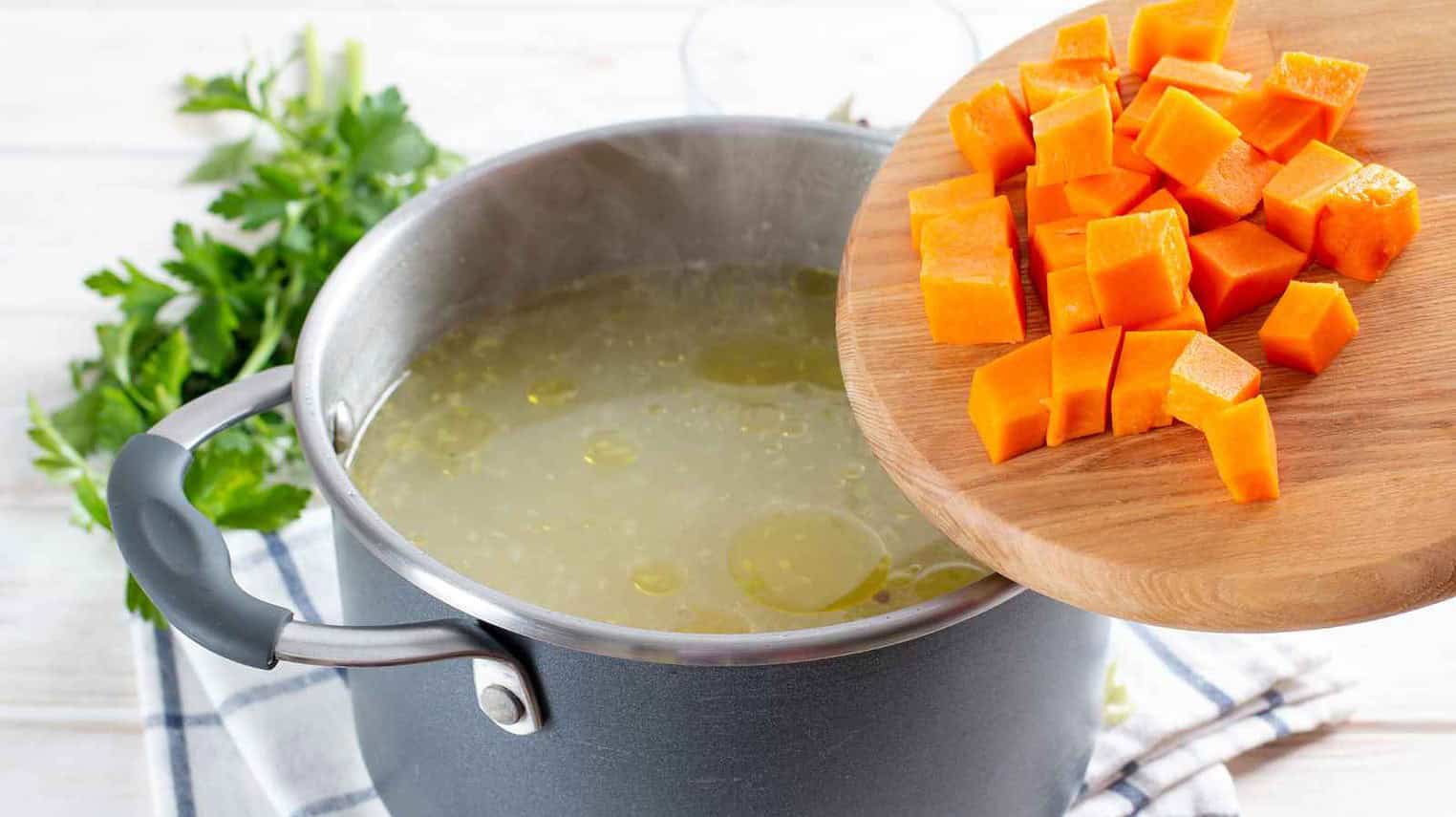
Vegetable scraps often get discarded. However, you can reuse them in a healthy and delicious broth that you can either use as stock in other recipes or sip instead of sugary drinks.
All you have to do is boil and simmer your scraps with the right seasonings, like salt and pepper. To fortify your broth, you can add things like chicken carcasses or beef bones left over from your dinner.
Use Labels and Dry-Erase Boards
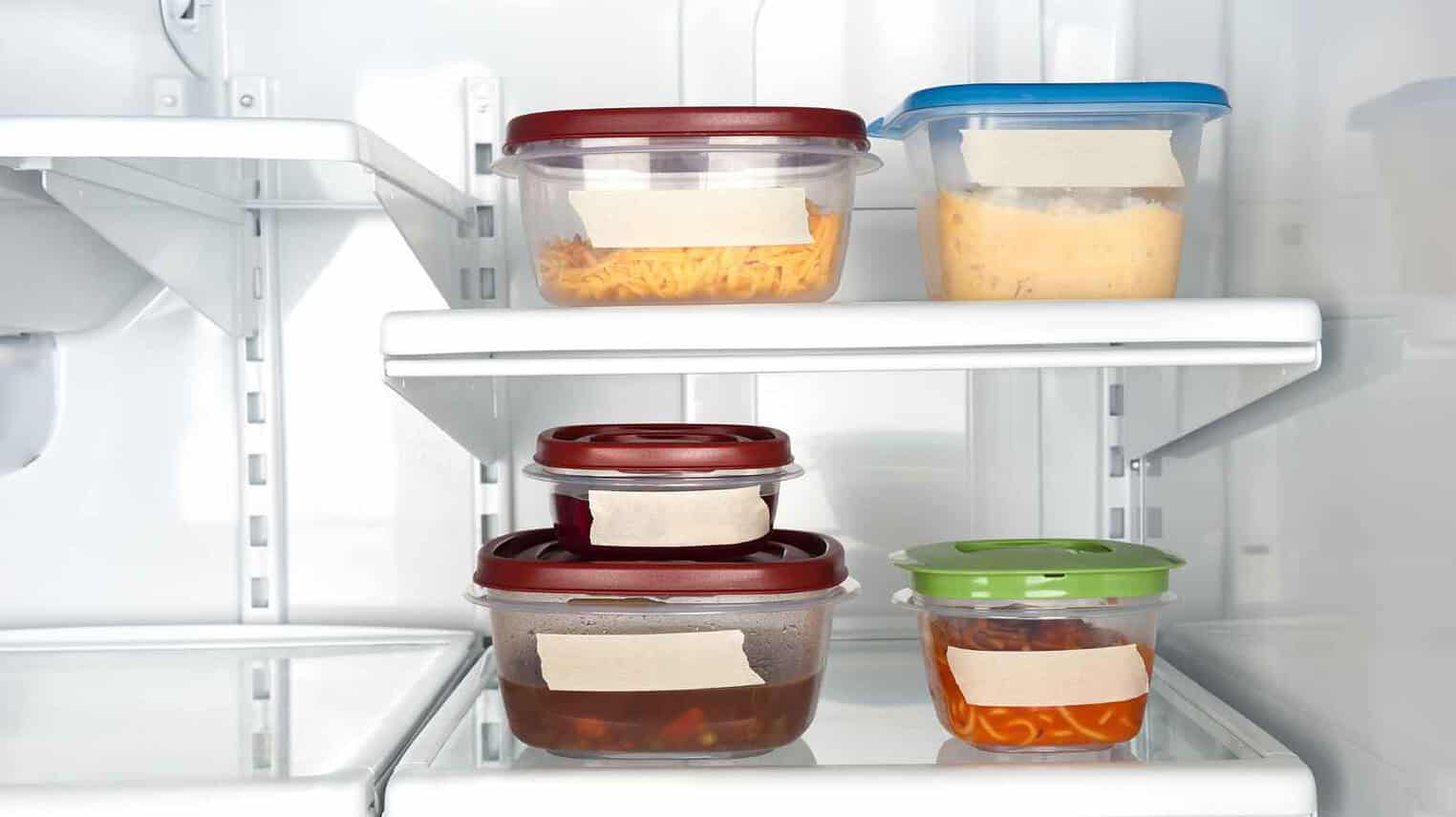
The worst way to store food in the refrigerator is to repackage it without labeling it with the date you bought or cooked it. It’s a one-way trip to the garbage bin, especially if it gets pushed to the back of your fridge.
Use labels on all your perishables in the fridge and freezer. To go one step further, use a dry-erase board with the items that must be cooked and eaten first. That way, you have visual reminders that will help you avoid waste.
Learn Fridge Zoning
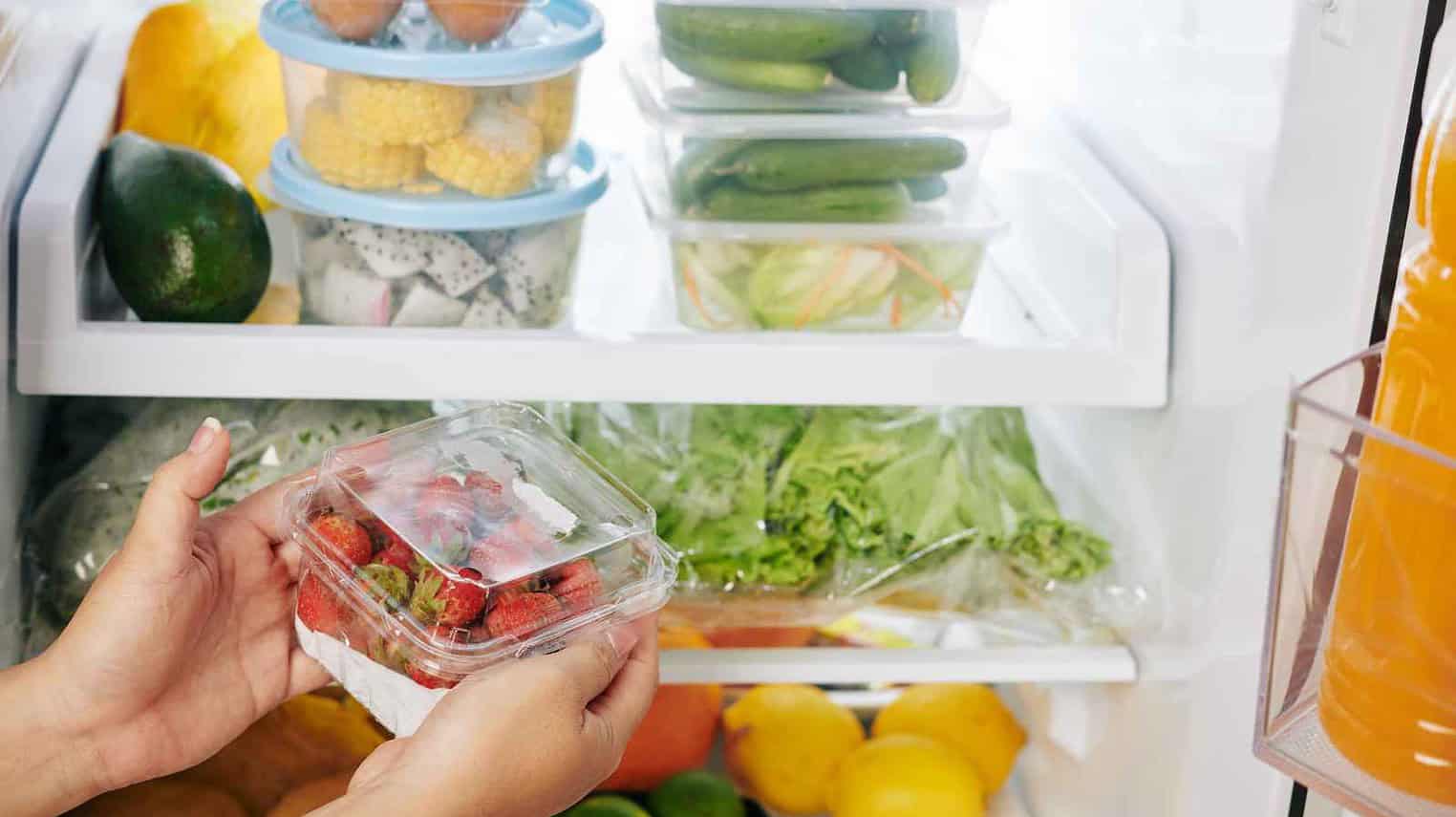
While we’re on the fridge topic, familiarize yourself with fridge zoning. Wasting food is often caused by storing it improperly in the refrigerator. Always use the crisper for vegetables, the deli container for lunch meats and cheese, the bottom shelf for raw meat, and the middle and top shelves for leftovers.
Mixing different items in the wrong zone can cause cross-contamination and hasten spoilage. It’s an easy way to waste food without realizing it.
Make Catchall Recipes With Leftovers
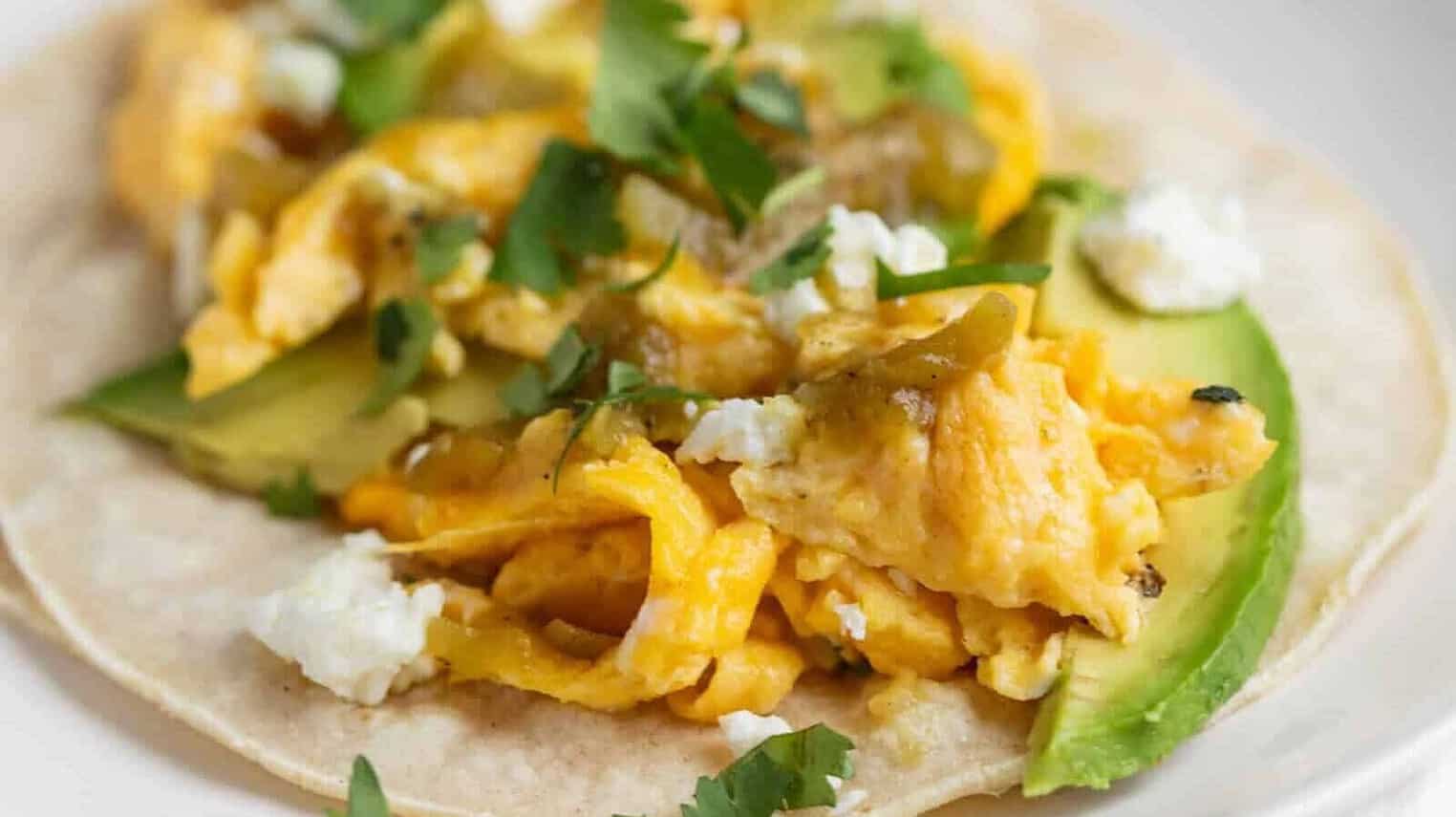
Catchall recipes usually include things like pizza and stew. These meals are forgiving — you can use leftovers like potatoes or rice in your stew without affecting the final product negatively. On the contrary, they will make the meal taste better.
Likewise, you can use leftover rotisserie chicken and those olives at the bottom of the jar on your pizza rather than letting them linger in the fridge until they’re too unappetizing to eat.
Use Old Bread for Croutons or Dessert
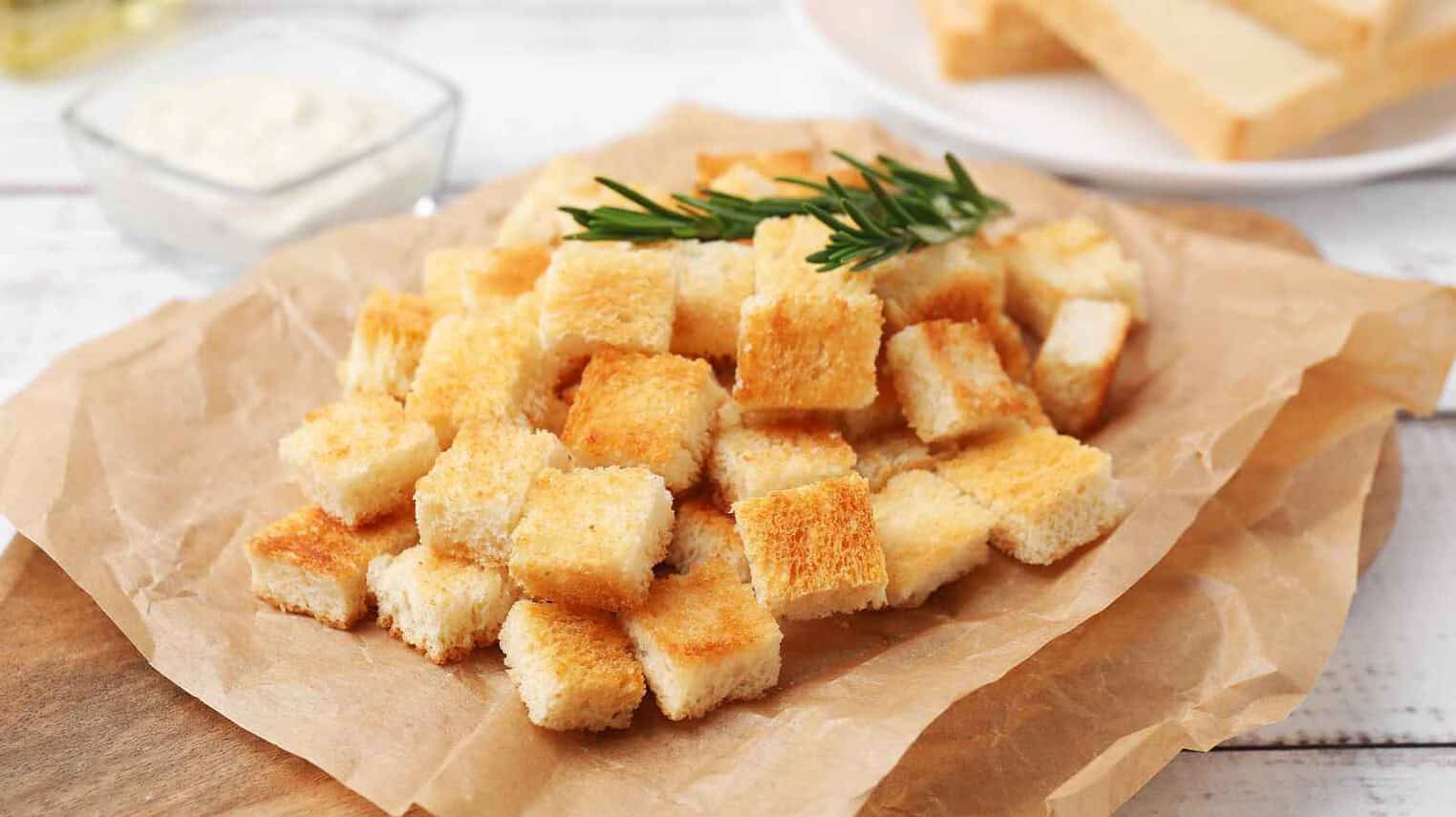
Old bread is easy to salvage in a sweet or savory snack. You can cut bread into cubes, dab it with olive oil and your favorite seasonings, and make croutons in the oven. Add them to your soups and salads for extra oomph.
Mix old bread with butter, milk, eggs, sugar, and raisins for a delicious bread pudding that will taste sophisticated enough that you’ll wonder why on earth you would have thrown that delicious bread away.
Buy Ugly Produce
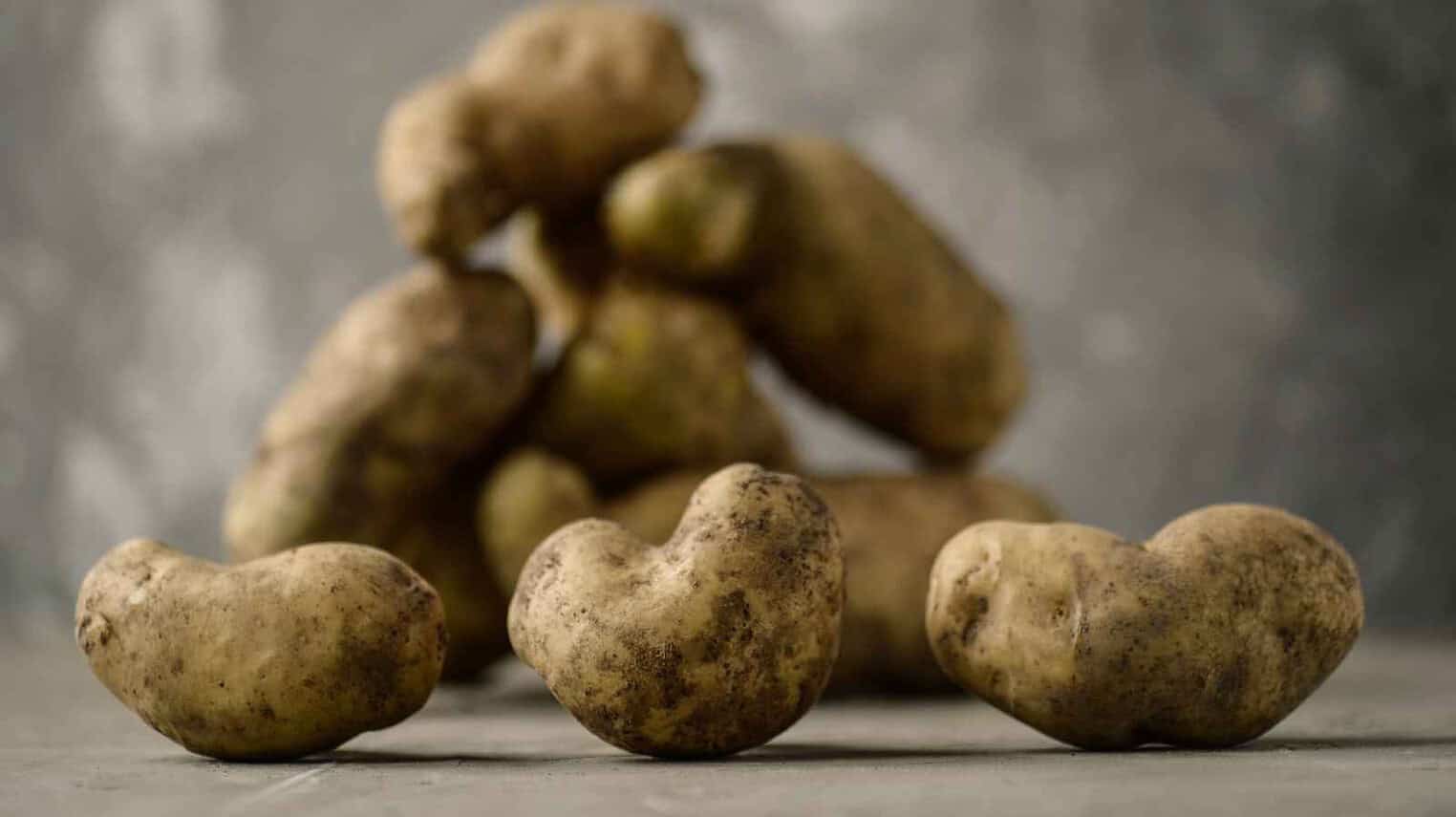
Grocery stores usually reject “ugly” produce — the fruits and vegetables that aren’t the perfect shape or size. However, there’s nothing wrong with imperfect produce. Often, it tastes better than “perfect” produce because it’s not been tampered with.
What’s more, ugly produce usually costs less than its “perfect” cousins, letting you save money. Join an ugly produce delivery program to save money on these fruits and vegetables. They’re not ugly — they’re delicious!
Learn Preservation Techniques
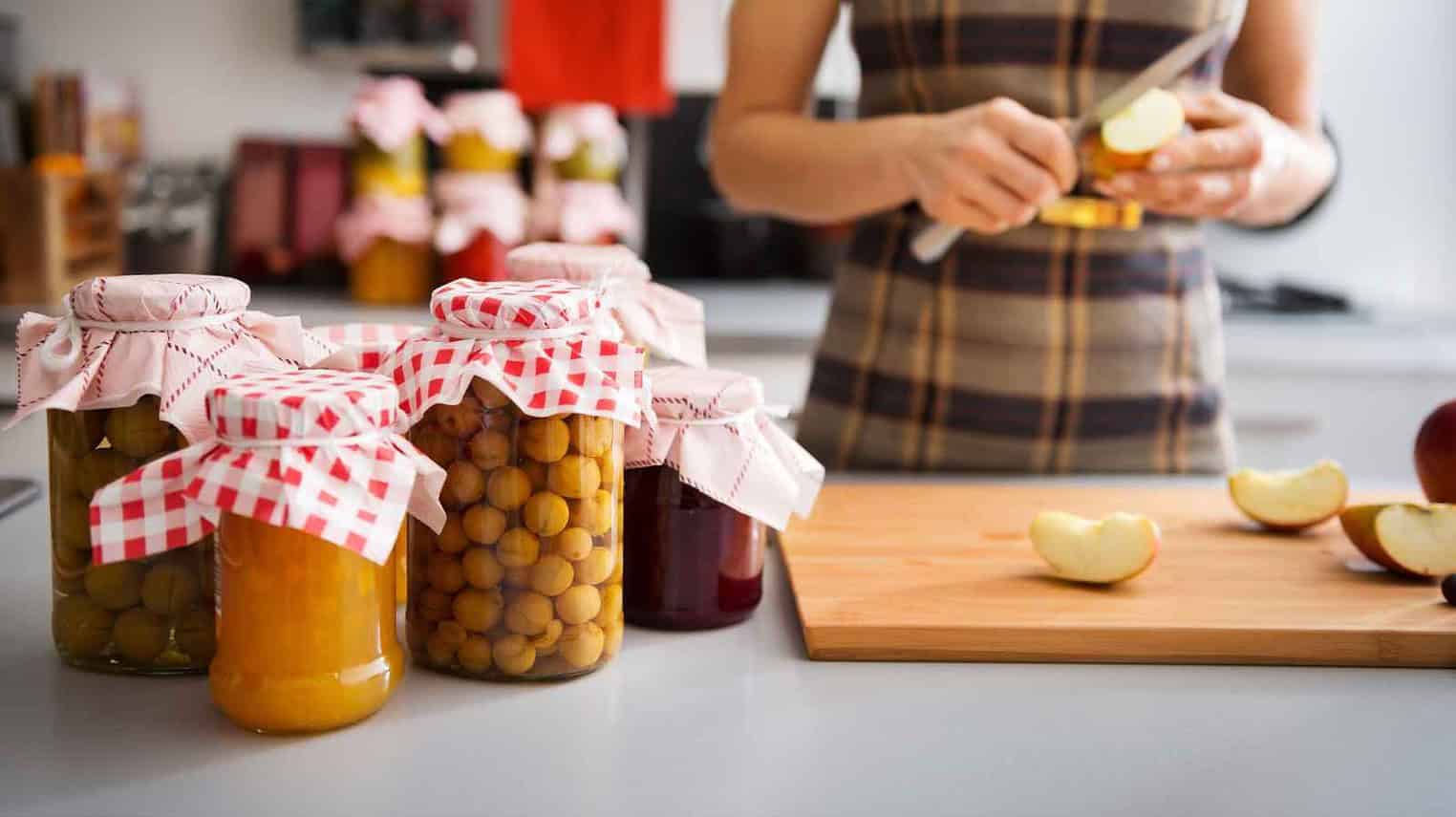
A great way to reduce waste is to preserve your food. You can dehydrate, can, and pickle vegetables and fruit. Take it one step further and use leftovers, like watermelon rinds, which become tasty snacks when pickled.
Preserving food lets you buy (or grow, if you have a garden) larger quantities of fruits and vegetables without having them go to waste. Besides, you’ll eat better and discover new dishes. Win-win!
Only Buy What You Need
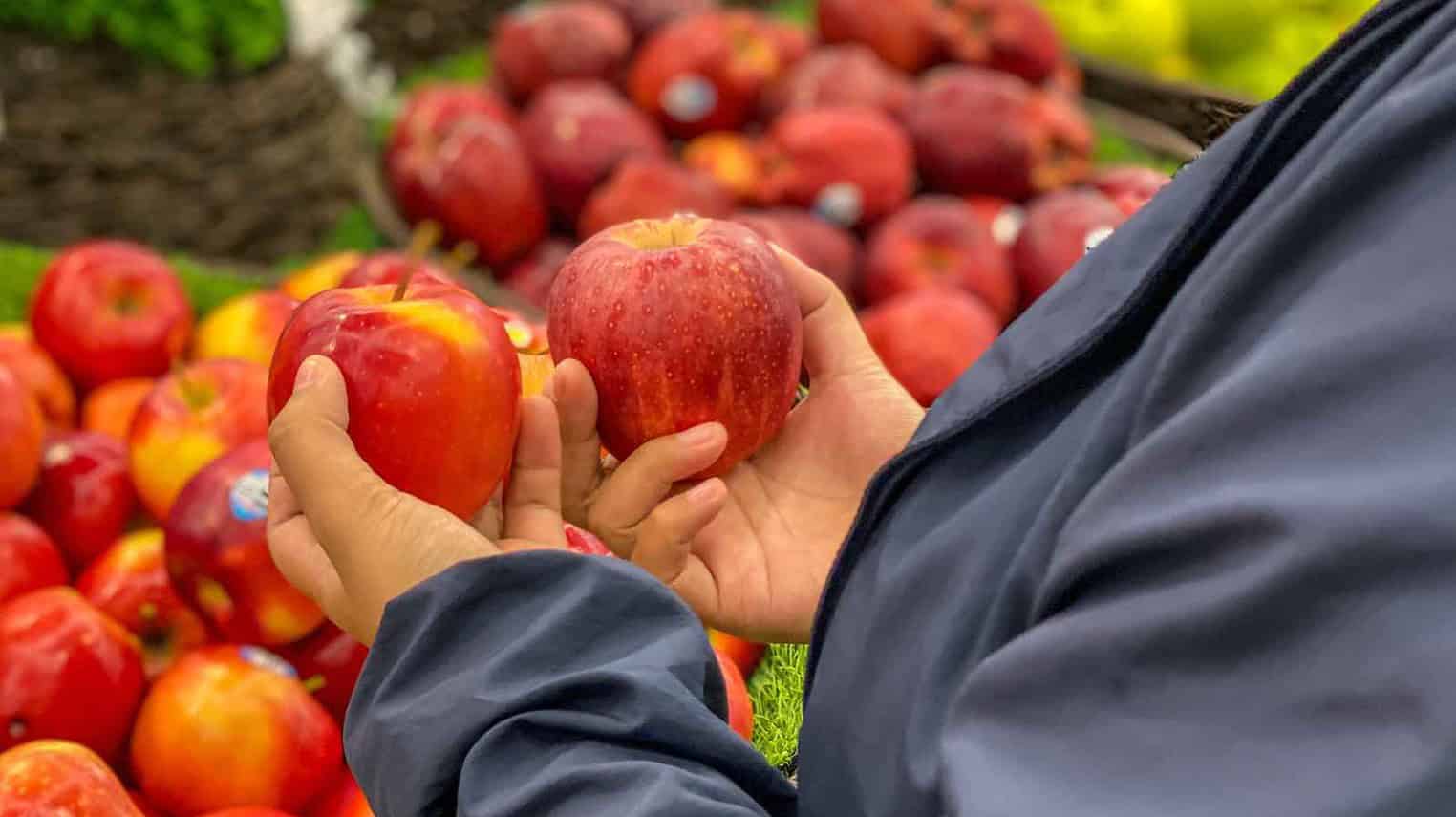
At the risk of repeating ourselves, it’s crucial not to impulse buy if you want to reduce waste. Don’t go grocery shopping when you’re hungry — you’ll easily buy more than you need or buy things you’re craving on the spot but wouldn’t eat more than once.
Buying things you don’t need or haven’t planned for will fill your pantry and fridge quicker. These items have a greater likelihood of spoiling when you can’t fit them into your weekly rotation.
Turn Stems Into a Snack
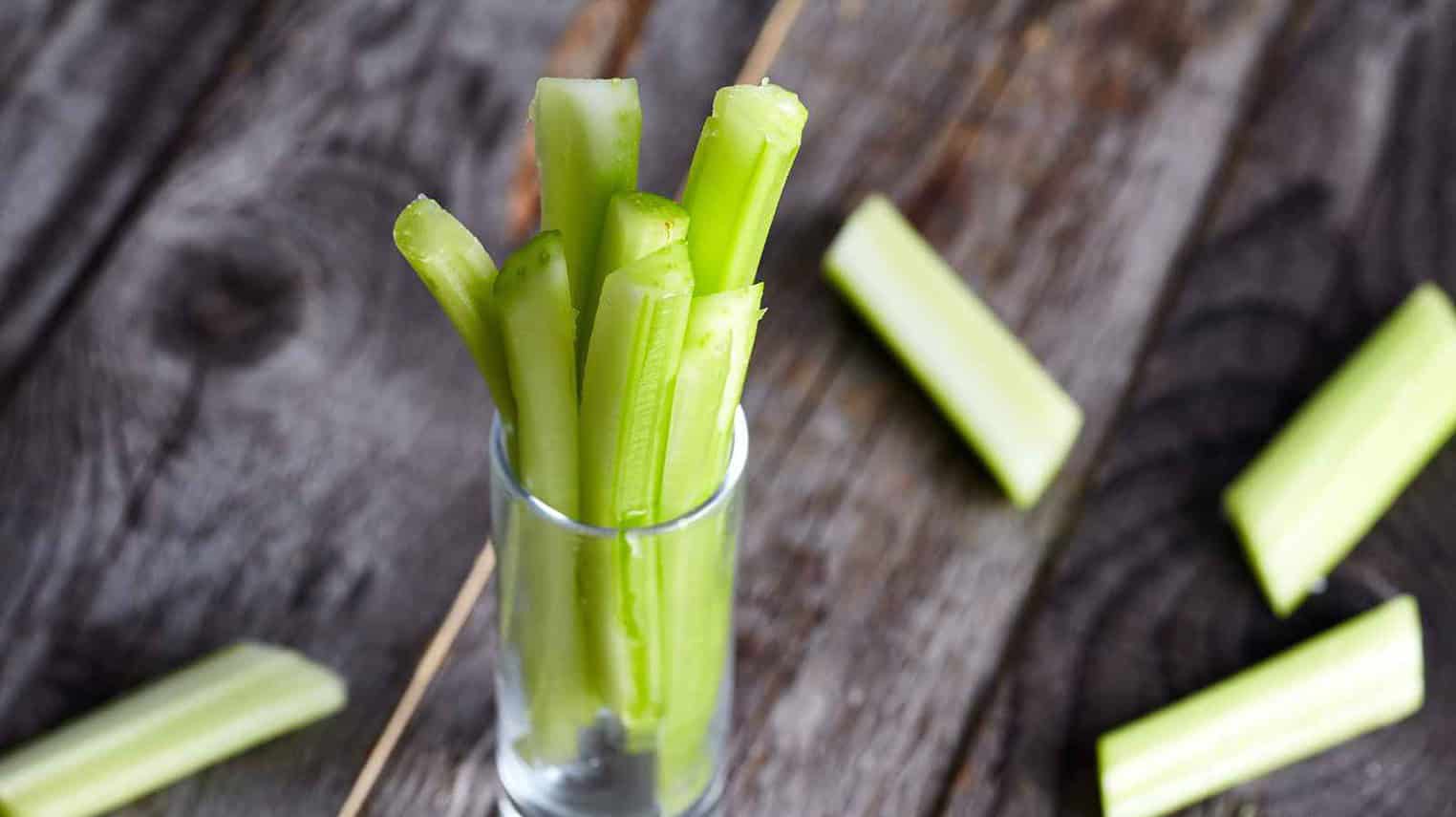
If you like broccoli or kale, you know stems are too chewy to eat unless you give them a good steaming. Most people just discard them, but you can turn them into a tasty snack.
Steam them with your favorite seasonings and turn them into a snack to reach out for instead of opening a bag of chips or munching on cookies. They’re crunchy, and you control the taste. They’re also not going to waste this way.
Repurpose Fruit and Veggie Peels
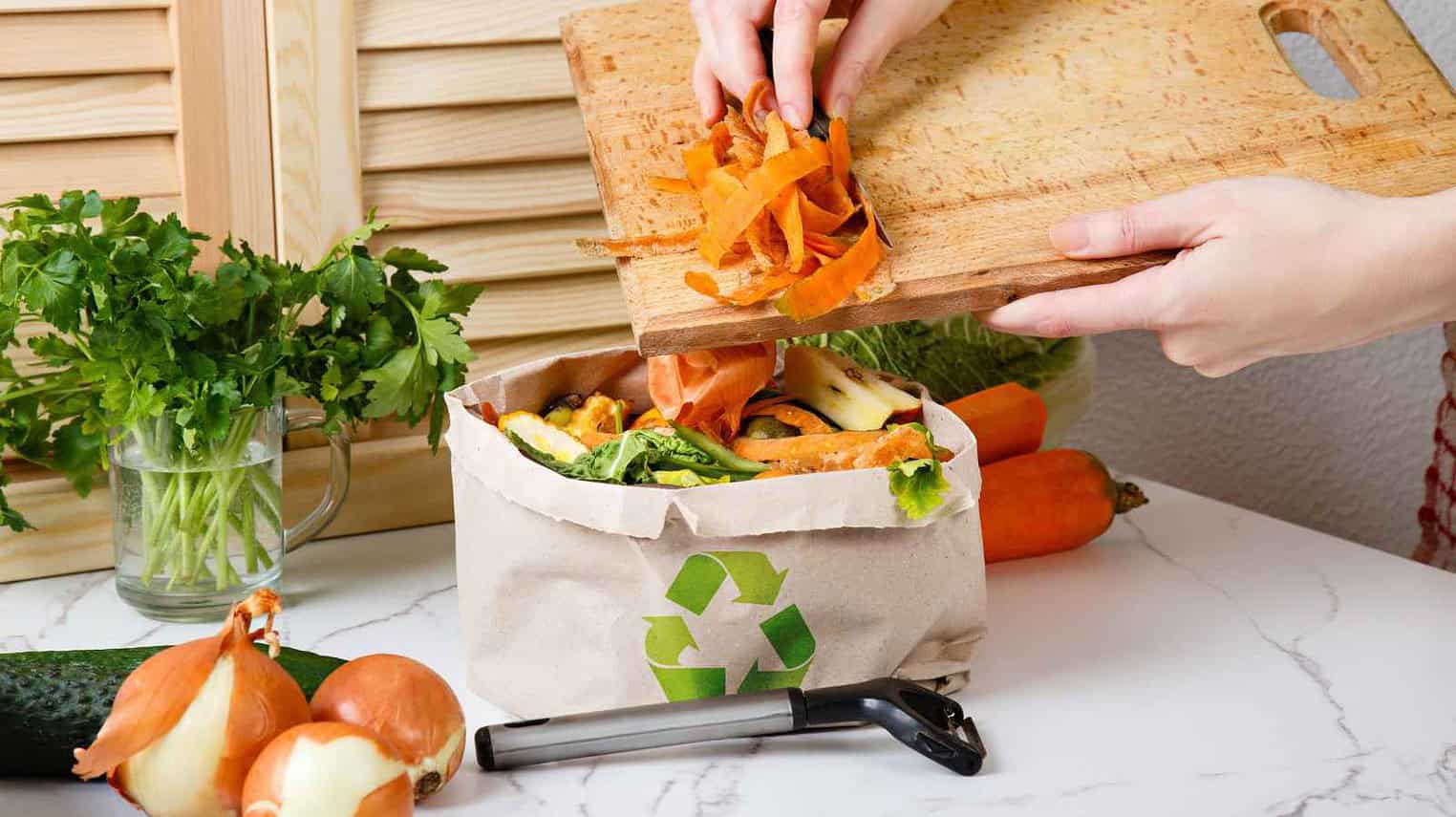
Fruit and vegetable peels are easy to reuse instead of throwing out. For example, you can use banana peels to dust your plants or polish metal items. Similarly, you can turn beet peels into a dye for your crafts if you boil them in a bit of water.
Fruit peels can also become delicious jams when mixed with sugar, pectin, and water. Don’t dump your apple peels when you make apple pie. Instead, turn them into a flavorful natural jam.
Reuse Coffee Grounds
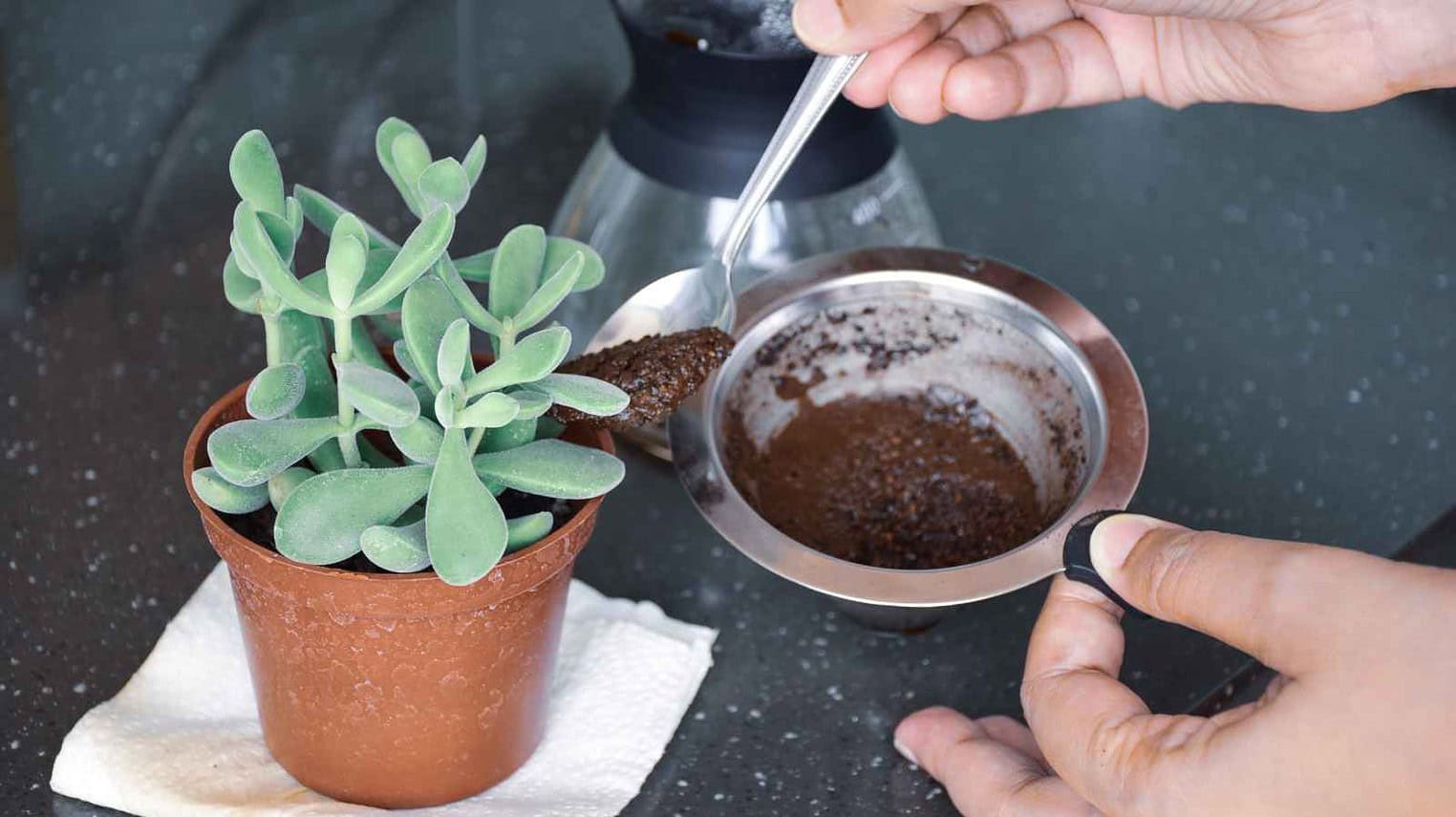
Coffee grounds are a great pot scrubber, fertilizer, and even skincare products. Use them in the garden to keep pests away and help your plants thrive. Mix them with coconut or olive oil for a scrub that will leave your skin feeling renewed and soft.
They’re also great for deodorizing your garbage bin because they readily absorb odors. In fact, there aren’t many things coffee grounds won’t do.
Start a Food Cooperative
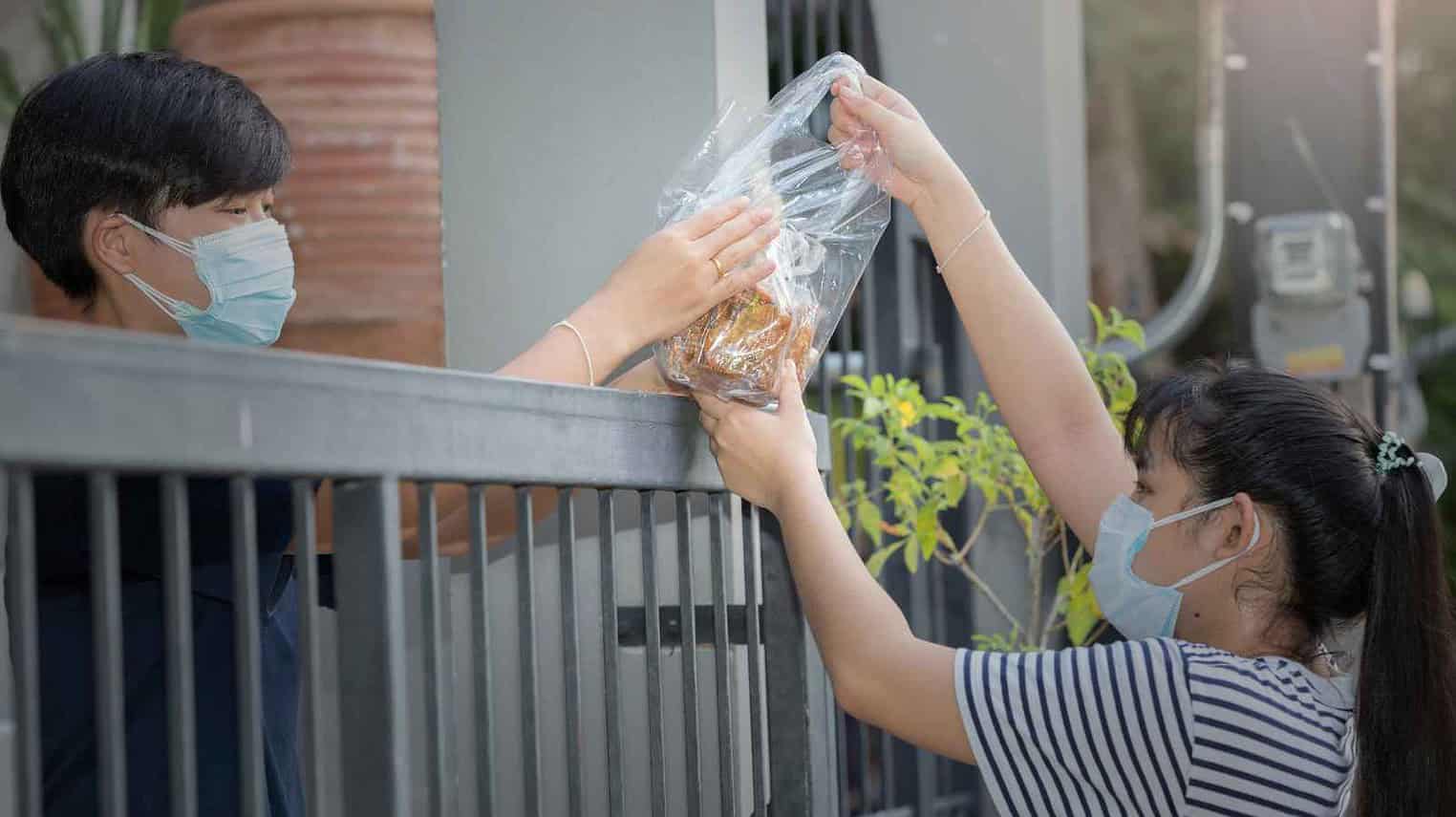
If you routinely have more leftovers than you can handle, try sharing them with your neighbors. You’ll have to be mindful of food allergies and intolerances, but it’s an easy way to avoid waste and be neighborly at the same time.
A food cooperative can reduce waste and ensure that an entire neighborhood has access to a basic human right — food.
Make an All-Purpose Cleaner
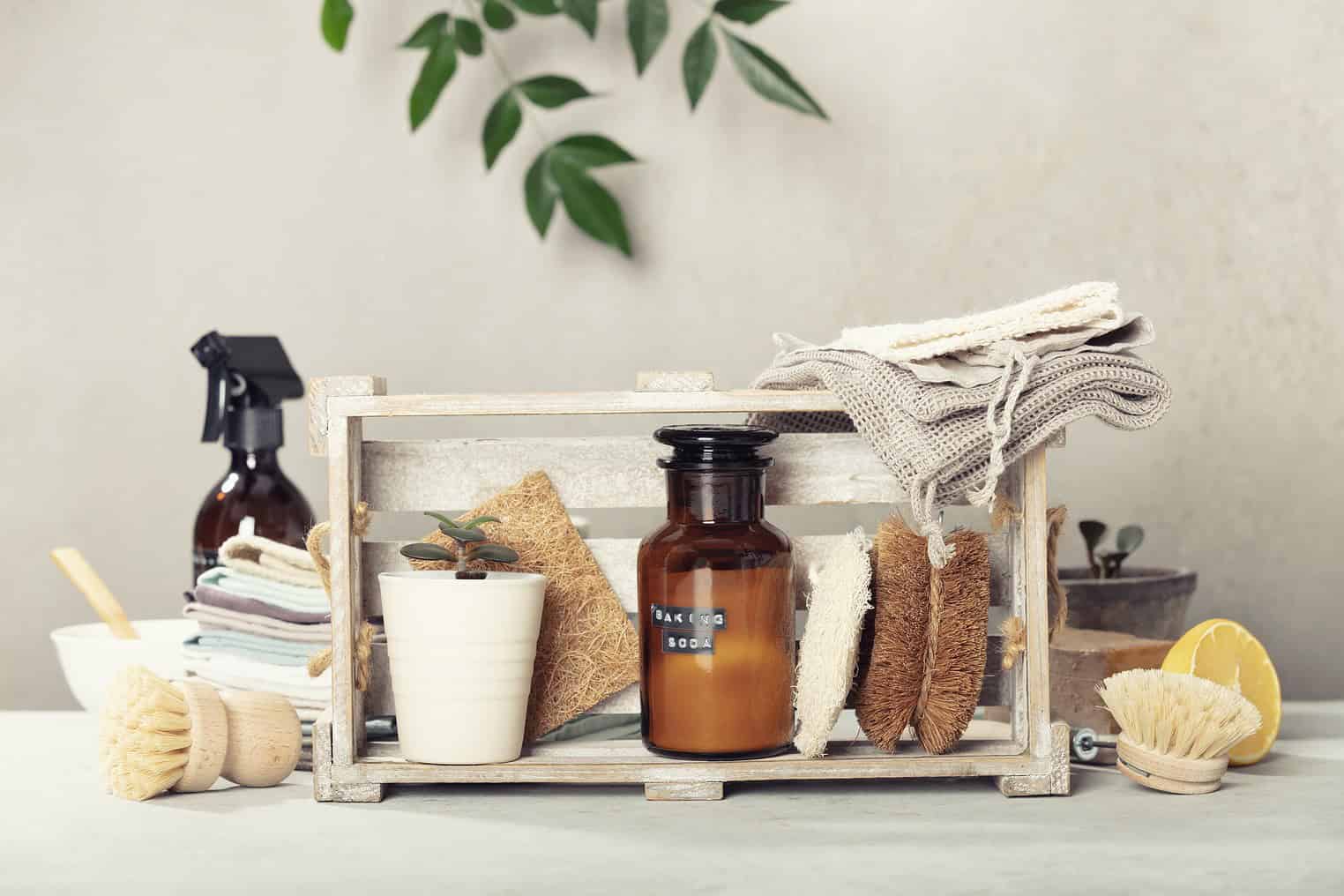
Instead of throwing your lime, lemon, and orange peels in the garbage, use them to make a fragrant all-purpose cleaner. You can mix them with water and vinegar and use the resulting solution to wipe counters, tiles, and even windows.
Moreover, making your own cleaner is the safest way to ensure you control all the ingredients you use around the house and avoid harsh chemicals.
Use Eggshells as Fertilizer
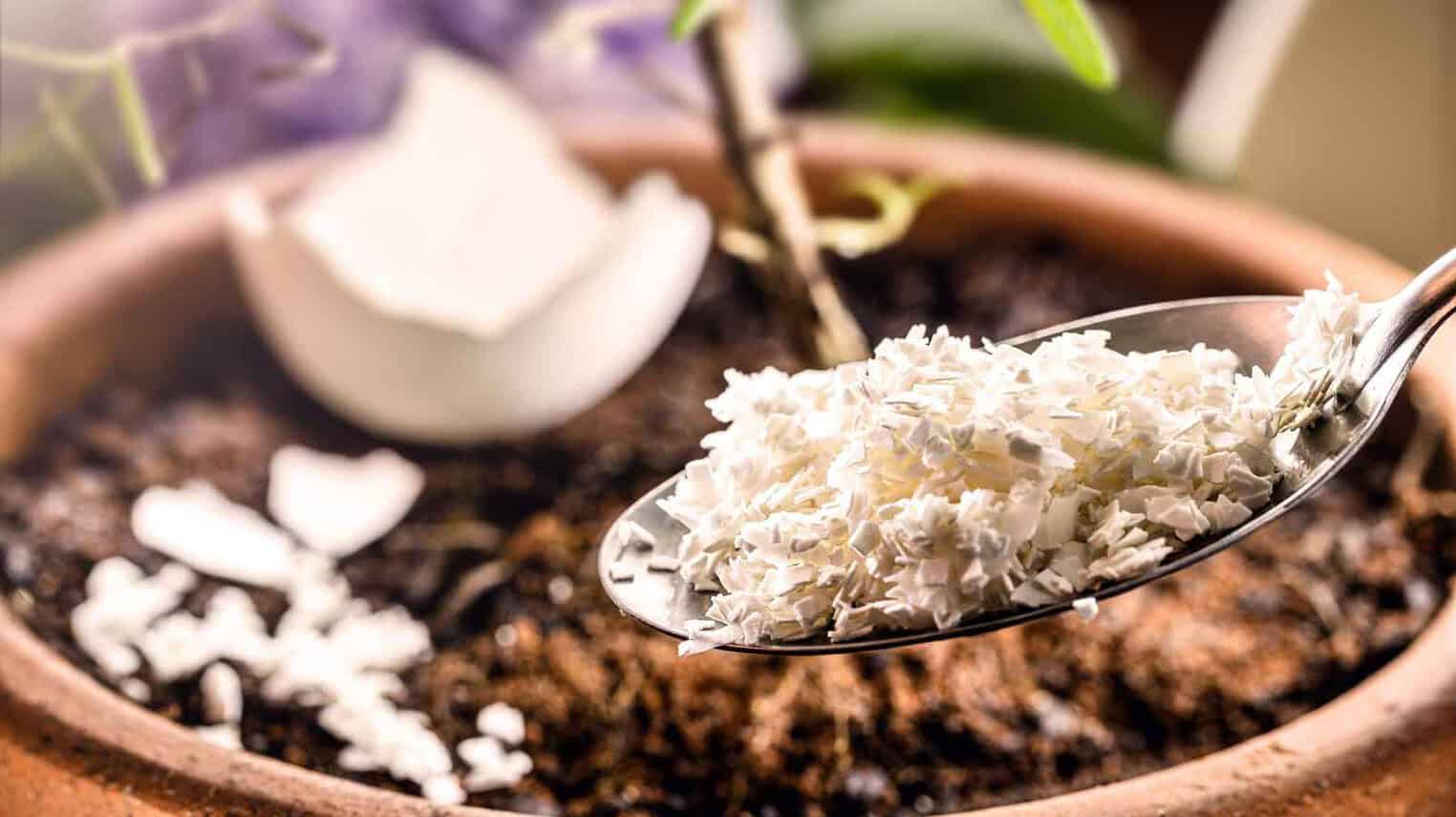
Eggshells are rich in calcium and can help your plants grow. Grind them into a powder with a mortar and pestle, and add them to your garden beds or pots. It’s better than throwing them out.
Likewise, if you have small birds, like canaries, you can use eggshell powder to supplement them with calcium and keep them healthy.
Grow Your Own Herbs
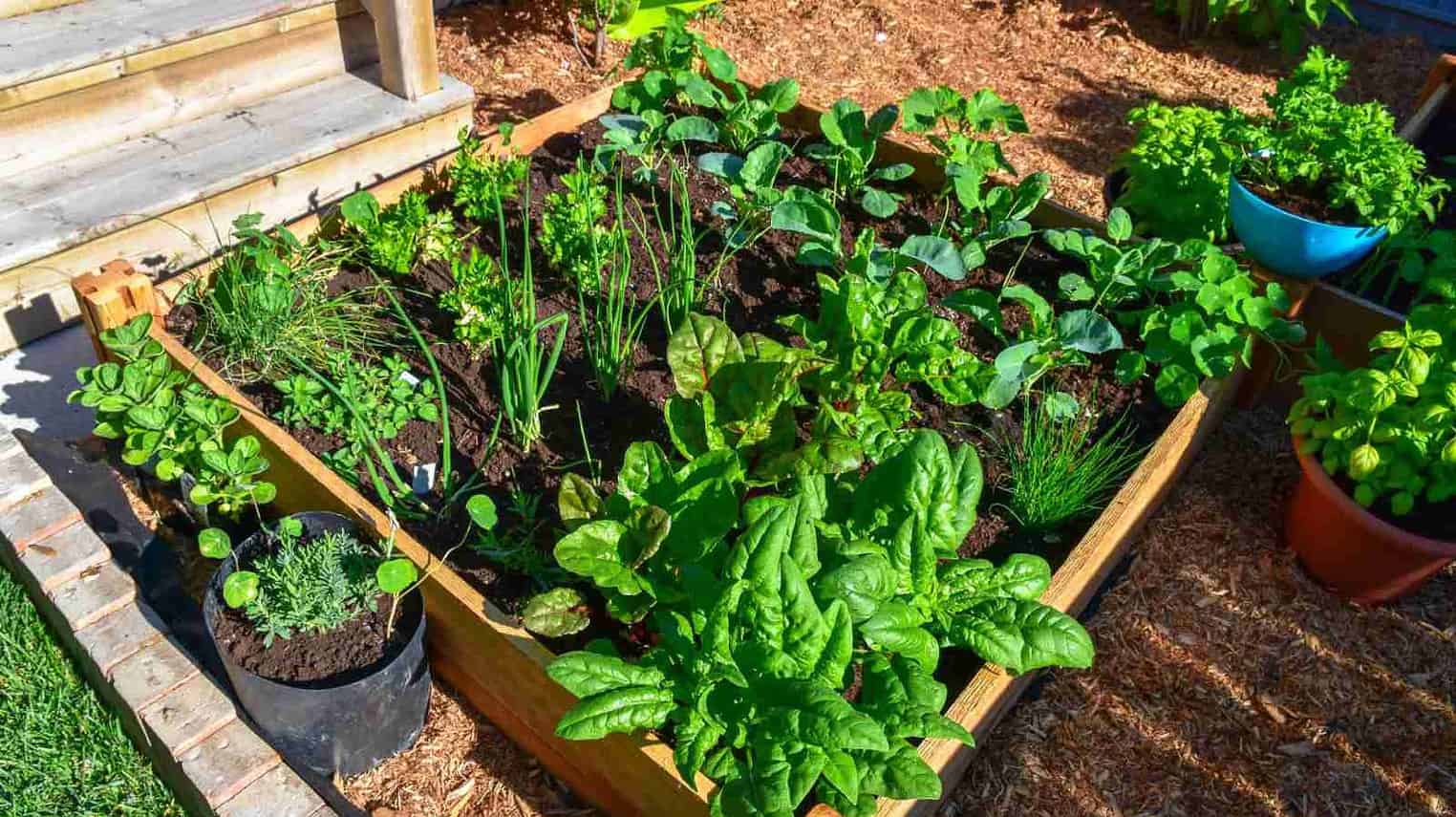
When you get herbs at the store, they often wilt before you get a chance to use them all, especially if you put them in the fridge. To avoid that, keep them on the counter in a bit of water.
However, avoid this issue altogether by growing your own herbs. They’re easy to grow from seeds, and you don’t need a garden. Besides, you won’t have to worry about them wilting. Just remember to water them regularly.
Compost
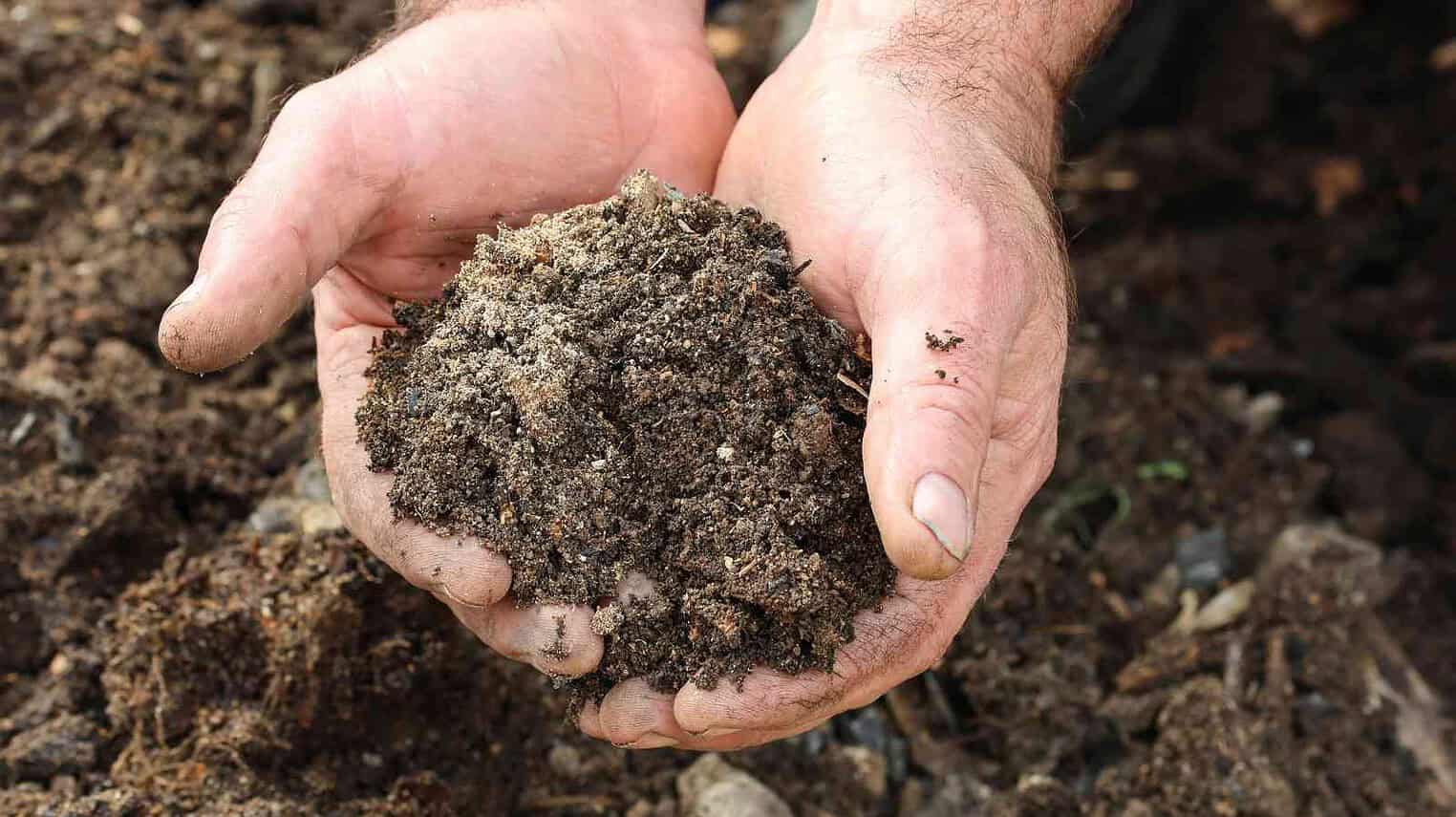
Finally, did you know you don’t need a house and yard to compost scraps? That’s right, you can do it in your apartment or condo. Moreover, you don’t need worms for composting, and it won’t stink up the place.
Composting is great if you want to make plant food for your windowsill herbs or have a garden. It’ll also greatly reduce the waste in your kitchen.


